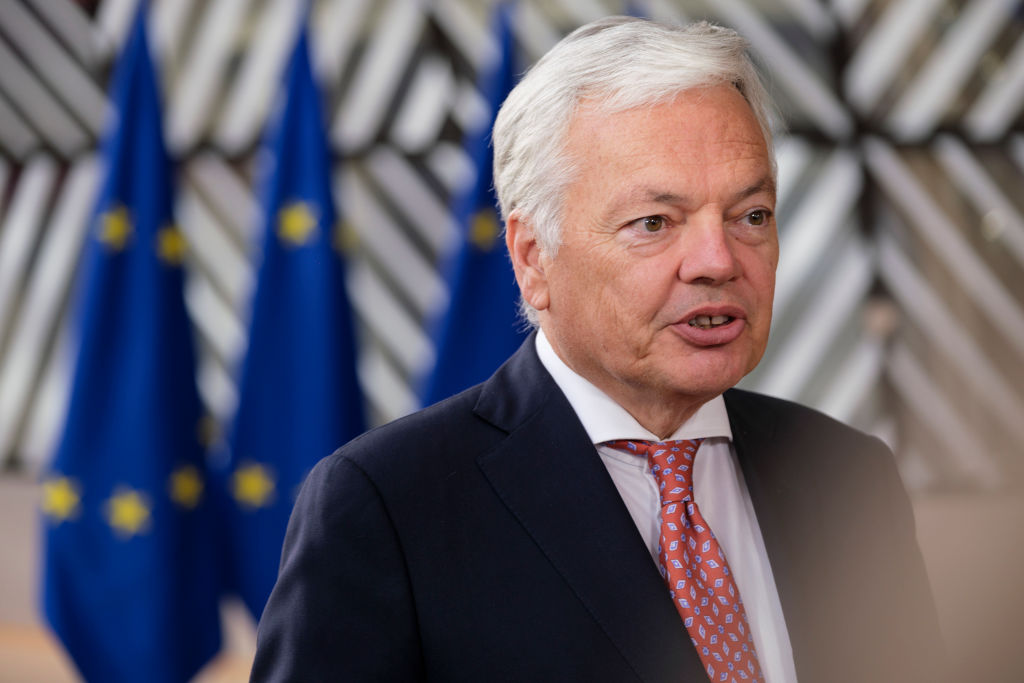Octopus species are not protected under animal welfare rights in European Union law, the European Commission has confirmed.
The EC was speaking in response to a request for comment regarding a plan to establish the world’s first industrial-scale octopus farm off the coast of Spain.
Portuguese MEP Francisco Guerreiro quizzed the body on whether such a project was getting EU funding and questioned the idea of a farm receiving financial backing given ethical “concerns” about the project.
He cited “scientific evidence that octopuses are sentient beings”.
Writing in response to the query, European Commissioner for Health and Food Safety Stella Kyriakides denied the EU had received any application for funding from the project. She added that even if it had, the welfare of the farmed octopuses would not factor in any decision.
“As regards animal welfare, the existing legislation is not applicable to invertebrate animal species,” Kyriakides said.
“Therefore, there are currently no EU rules for the protection of octopuses kept for farming purposes.”
She added that the EC was pondering whether to extend its animal protection laws to octopus species, suggesting that the body would get around to it sometime between now and 2030.
At this point, she said, scientific evidence on the believed intelligence of the animal will be “taken into account”.
Frogs being farmed for food have no welfare rights under European law, the European Commission has said. https://t.co/KvL8OA2Yfj
— Brussels Signal (@brusselssignal) July 25, 2023
Kyriakides’ confirmation that octopuses are high and dry when it comes to EU protections represents the latest instance of what many see as the EC burying its head in the sand on the issue of animal welfare rights.
This year, the body has issued numerous similar responses to questions regarding animal mistreatment. EU law is, experts say, extremely limited on what creatures it covers.
The EC had confirmed in August there were no protections for amphibians at the European level, meaning reports of mistreatment, such as frogs having their legs ripped off while they were still alive, did not concern the bloc.
Eurocrats were also apathetic over reports earlier this year that Spain may have accidentally legalised bestiality, with Kyriakides saying that, while the EU does not condone animal rape, it does not prohibit it either.
“Deeply regrettable as they are, such [sex] acts as described remain solely under the competence of the Member States, as they cannot be said to affect the functioning of the internal market and therefore interfere with EU competencies,” she said.
“The Commission can only act within the limits of the competencies conferred to it by the Treaties and therefore is not empowered to propose rules addressing sexual abuses against animals such as those covered by the Spanish law at issue,” she added.
A Brussels directive aimed at combatting violence against women violates the treaties the European Union is based on, claims a former commissioner. https://t.co/weEQouhO23
— Brussels Signal (@brusselssignal) November 14, 2023





